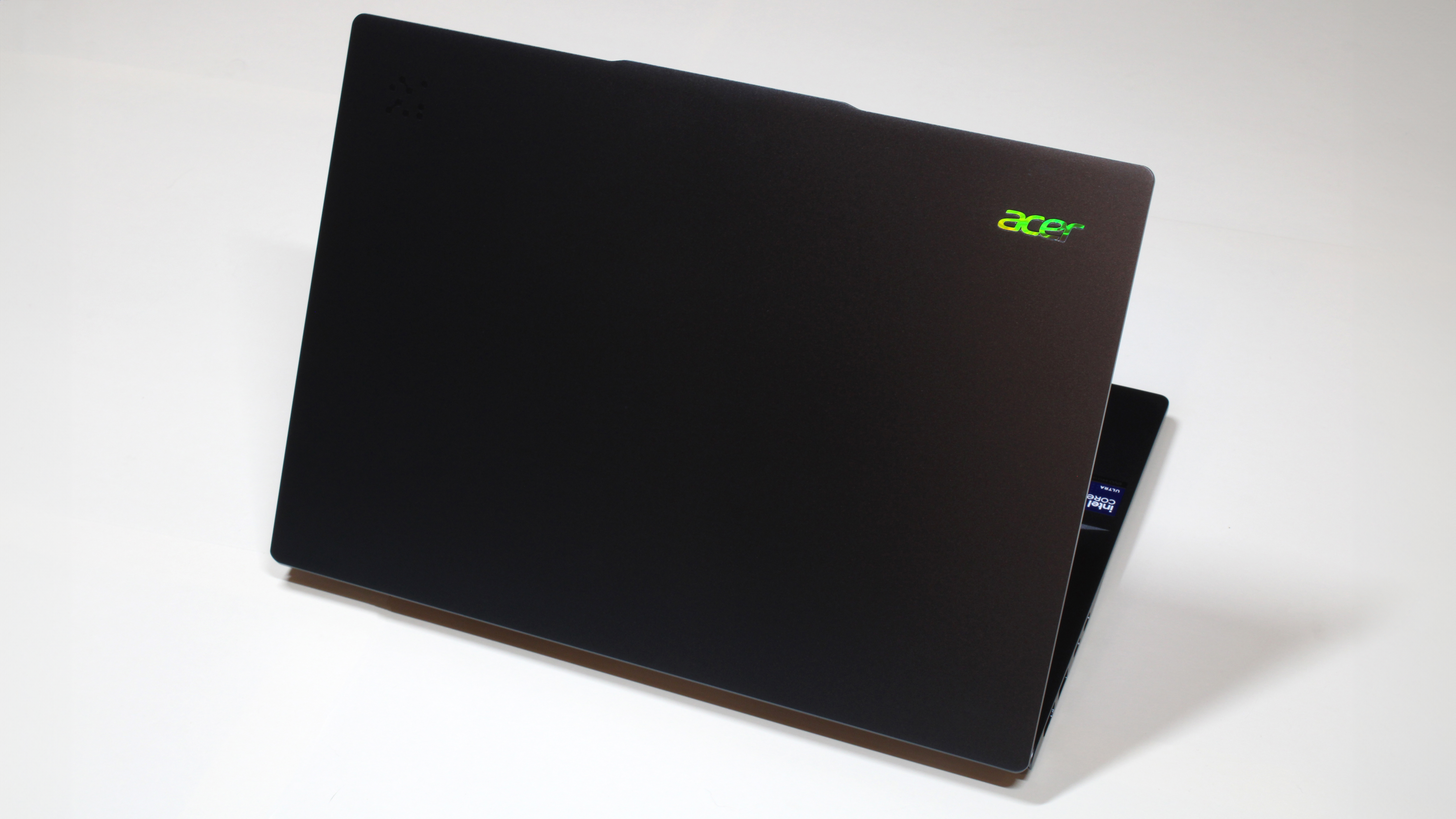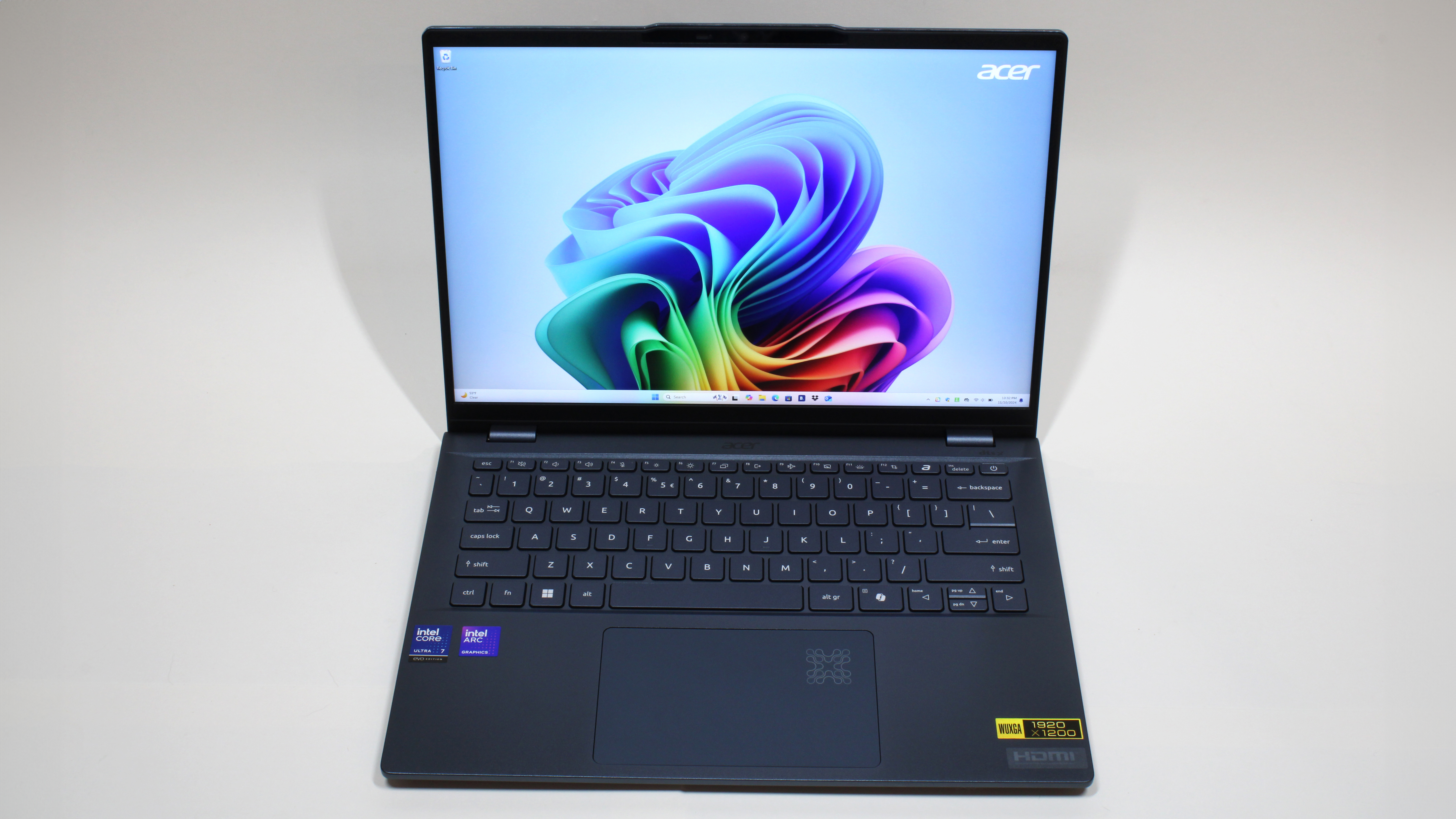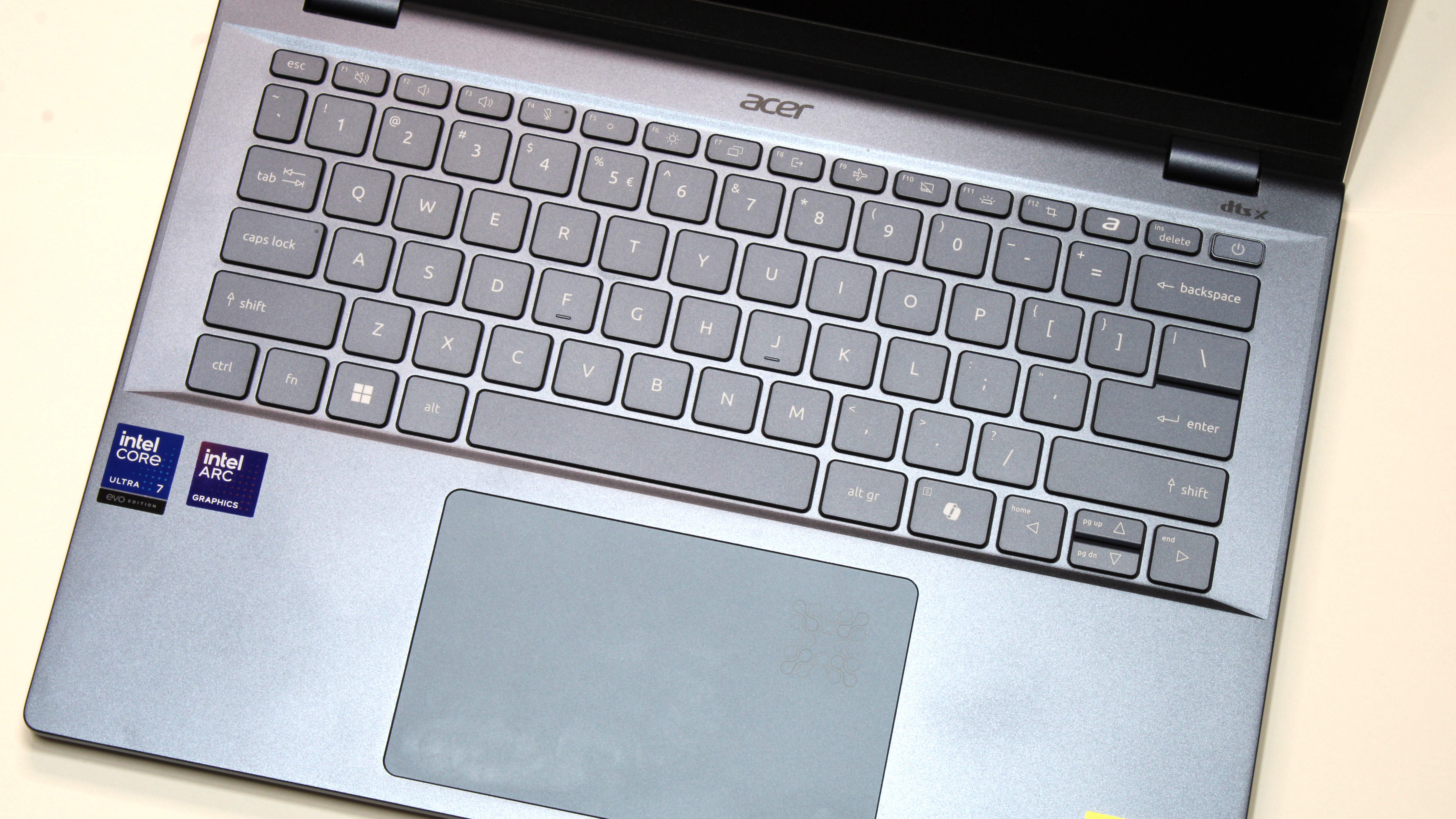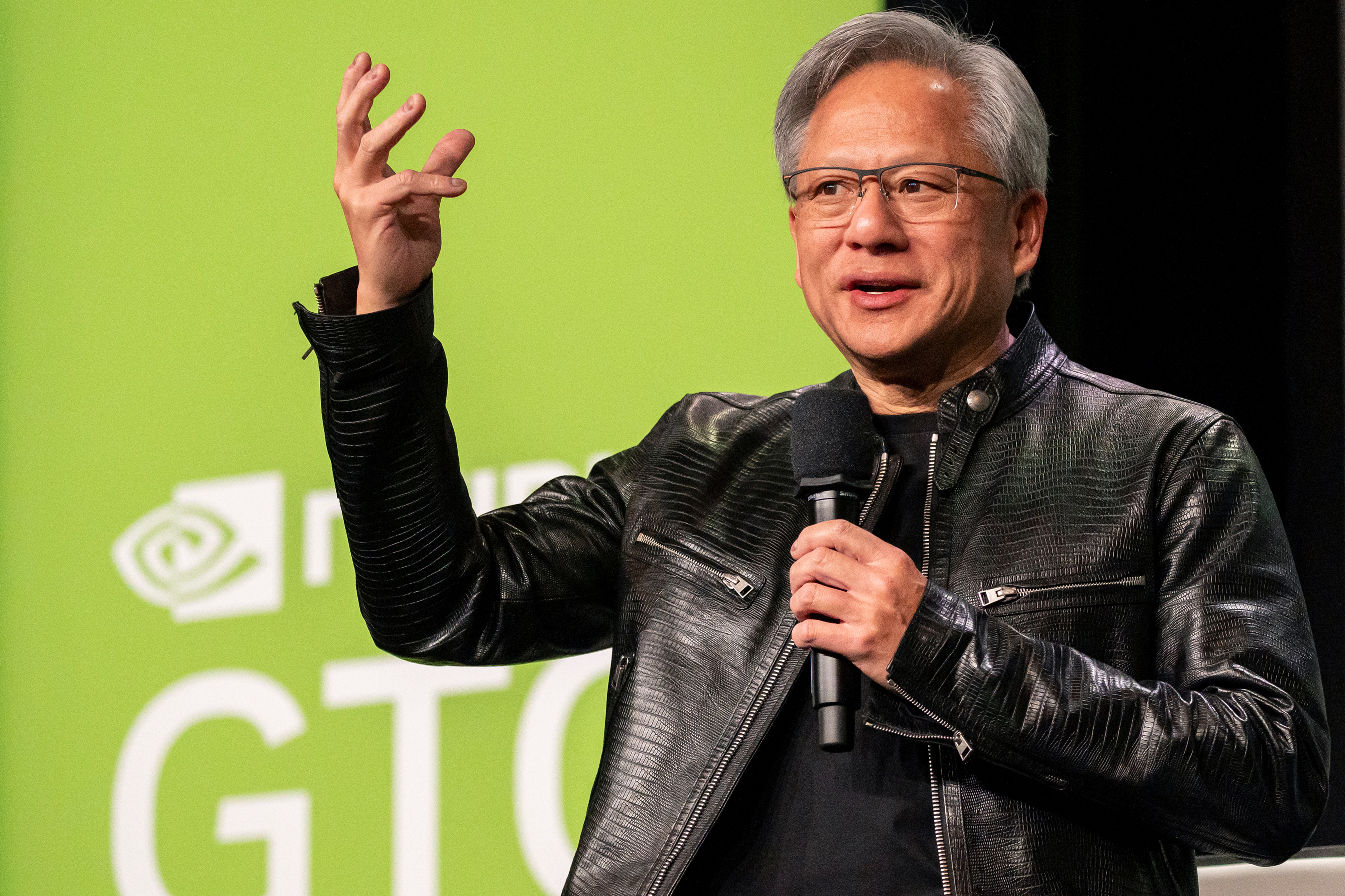I'm a multitasking machine on my laptop — this Intel Lunar Lake change is a dealbreaker
Maybe Intel shouldn’t have ditched Hyperthreading after all

The Acer Swift 14 AI is the first laptop with a new Intel Lunar Lake chip I’ve gotten my hands on. Coming off the heels of reviewing Qualcomm’s new Snapdragon and AMDs new Ryzen AI chips, I wasn’t expecting anything mind-blowing out of Intel, but I was expecting more than what I saw from benchmarks and my real-world experience. For that reason, I can’t recommend this laptop for heavy multitaskers, especially students.
Even with a brand-new Intel Core Ultra 7 258V and 32GB of RAM, the laptop’s performance didn’t remain consistently snappy like other laptops I’ve reviewed recently, like the Samsung Galaxy Book4 Edge (Snapdragon X Elite, 16GB RAM) and Asus Zenbook S16 (AMD Ryzen AI 9, 32GB RAM). And I noticed that difference, too. Running multiple programs at once, like Slack and Discord, switching between playing music on Spotify and playing a Netflix video in the background, and running between 20 and 30 open browser tabs (including Google Docs and Google Sheets) at the same time bogged down the laptop after a while.
Back from the future
As I mentioned in my review, the Core Ultra 7 258V doesn’t have the multicore performance I’ve come to expect from the company’s mid-tier laptop processors. In my six years reviewing hardware and laptops, it’s the first time I’ve seen Intel take a step back in that regard. Compared to one of its predecessors, the Core Ultra 7 155H, its multicore performance is about 10% slower — or the equivalent to Intel’s last-gen, budget chip, the Core Ultra 5 125H.
Inside a productivity laptop that costs $1,299.99, like the Acer Swift AI, that’s disappointing, especially compared to what Acer has offered in the past. The $999 Acer Swift Go 14 Laptop Mag reviewed in December provides 12% faster multicore performance with a Geekbench 6 score of 12,434 compared to the Swift 14 AI Lunar Lake’s 11,009.

I miss hyperthreading
Maybe this is the result of Intel ditching hyperthreading on its new processors — a process that improves a computer’s ability to multitask and increases its multicore performance. As our sister site, Tom’s Hardware, reported back in August 2024, early AMD Ryzen AI testing showed those chips could still be power efficient (like Intel’s Lunar Lake) with multithreaded cores. Laptop Mag saw that in our tests of the Zenbook S16, which scored 13,282 — 18% faster than the Intel Core Ultra 7 258V.
The Core Ultra 7 258V does have fewer cores (just 8) than the Ryzen AI 9 (12 cores, 24 threads), but none of them are hyperthreaded and, along with more cores, that might have helped its performance; the Core Ultra 7 155H has 16 cores and 22 threads and consistently achieves better multicore by comparison in the laptops we’ve tested.

Bottom line
I dug through Laptop Mag’s past reviews to see how Intel’s 200V-series chips compared to one of their 13th-Gens and found a Geekbench 6 score in our Zenbook S16 review for the LG SuperSlim. It has an Intel Core i7-1360P (12 cores, 16 threads), and it wasn’t far behind the Swift 14 AI in multicore performance. With a score of 10,282, it’s just 7% slower than the Core Ultra 7 258V.
Yes, the Swift AI 14 does have better single-core performance and slightly improved graphics. But for students, especially those in college or grad school, multitasking matters a lot. A lot of students run their laptops like I do on an average day. I see my students do this in class when they are working independently or in groups on an assignment.
Intel has said it won’t integrate RAM into its laptop processors again, but I hope that also means it will bring back hyperthreading. The Acer Swift 14 AI would have been an easy laptop to recommend to students if it had it.

Joanna Nelius is a contributing writer to Laptop Mag. She has reported on and reviewed laptops for The Verge, Gizmodo, PC Gamer, and USA Today.
